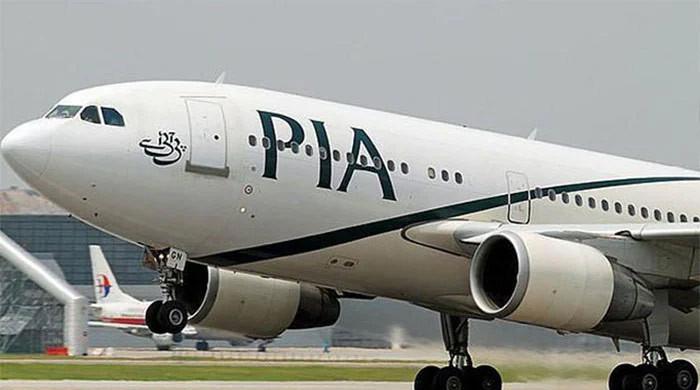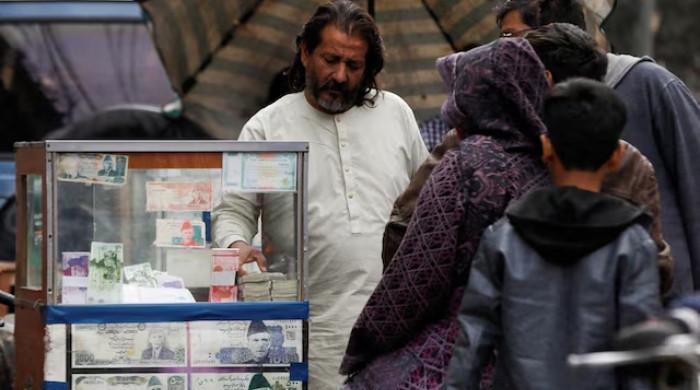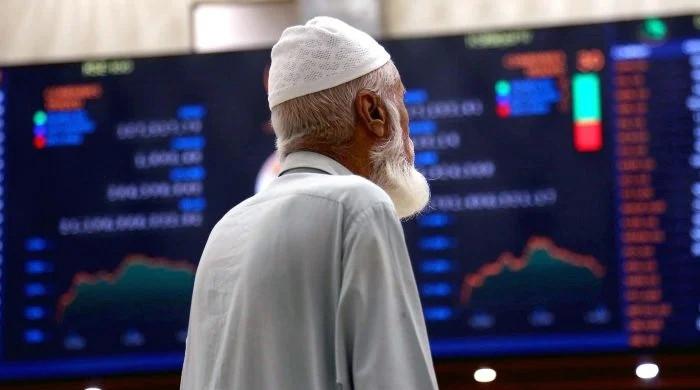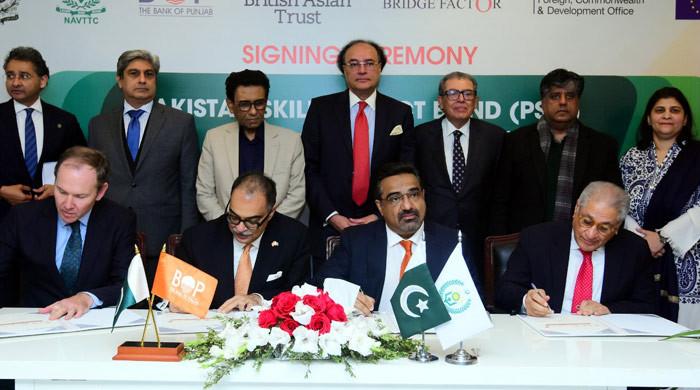Coronavirus to take shine off global luxury business
Worldwide luxury business is set to suffer from dwindling numbers of Chinese buyers due to lock-down within and on China
February 07, 2020
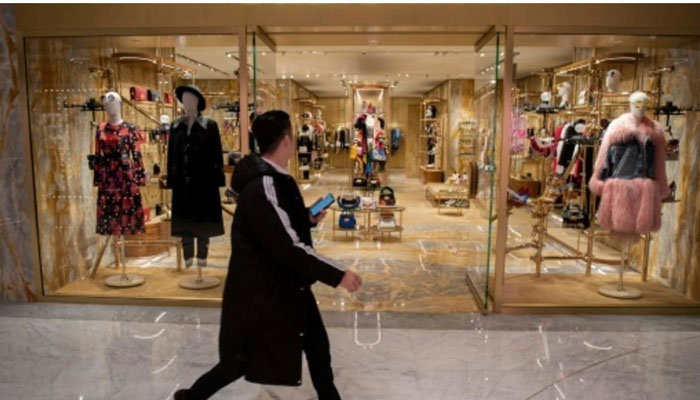
PARIS: The global luxury business is set to suffer from dwindling numbers of Chinese buyers, the world's biggest consumers of luxury goods, due to a lock-down within and on the country to prevent a coronavirus from spreading further.
Here are some facts about the importance of Chinese buyers for the world's companies making stylish and expensive things.
The luxury engine
Chinese consumers account for between 33 and 35 percent of all luxury goods bought in the world in value terms.
The Bain & Company consultancy predicts that share will grow to 45 percent within five years, with half of their purchases made in mainland China.
Much of the Chinese money is spent at home or the rest of Asia where major players in the sector — such as LVMH, Richemont, Kering, and Hermes — generate around a third, sometimes more, of their overall sales, not counting Japan.
China is also the world's main supplier to the tourism sector, clocking up nearly 150 million foreign trips in 2018, three times more than a decade earlier. Chinese tourists are also the world's top per capita spenders per trip.
How they spend it
High-end fashion rakes in the biggest share of Chinese duty-free spending with 43.7 percent of the total, followed by department store shopping.
In Paris and its surroundings, Chinese shoppers' favourite European destination, they spend 40 percent of their budget on lodging, 26 percent on shopping, and 20 percent on food.
Chinese trippers spent 265 billion euros ($290 billion) on durable luxury goods such as handbags, clothes, perfumes, and souvenirs, in the Paris region in 2018.
The luxury retailer Galeries Lafayette's flagship store in Paris has now cut part of its welcome staff to take account of dwindling number of Chinese shopper numbers, two sources close to the company told AFP.
How bad is it?
Luxury goods giants have not so far offered any estimates for the likely impact of the coronavirus epidemic on their businesses in Europe and Asia.
But some brands are beginning to count the cost. Capri Holdings, owners of Versace, Michael Kors, and Jimmy Choo, said Thursday the China crisis would amputate sales by $100 million.
British fashion house Burberry said Friday that the virus fallout was "having a material negative effect" on demand.
Cosmetics empire Estee Lauder lowered its financial targets, while Japan's Shiseido group reported its Chinese sales falling by half in the last week of January.
During the six-week Chinese New Year period, Chinese shoppers spend 10 percent of their annual budget, says Denis Leroy, head of France at duty-free specialist Planet, which translates into 800 million euros for Europe alone.
What next?
Rating agency Standard and Poor's said travel restrictions in China will "inevitably" weigh on Chinese spending and consumer confidence.
It was too early to gauge the exact impact on global businesses, said S&P, but it was already clear that luxury companies would be among the most-affected.
Profit margins at many luxury companies may still be big enough enough to absorb a drop in sales in the short term, but if the virus spreads more, so will the pain felt by the world's luxury giants.
Analysts at UBS, a Swiss bank, cautioned against drawing hasty comparisons with the SARS crisis in 2002 and 2003. At the time, they said, Chinese shoppers accounted for less than 10 percent of luxury sales against a third of the total today.




